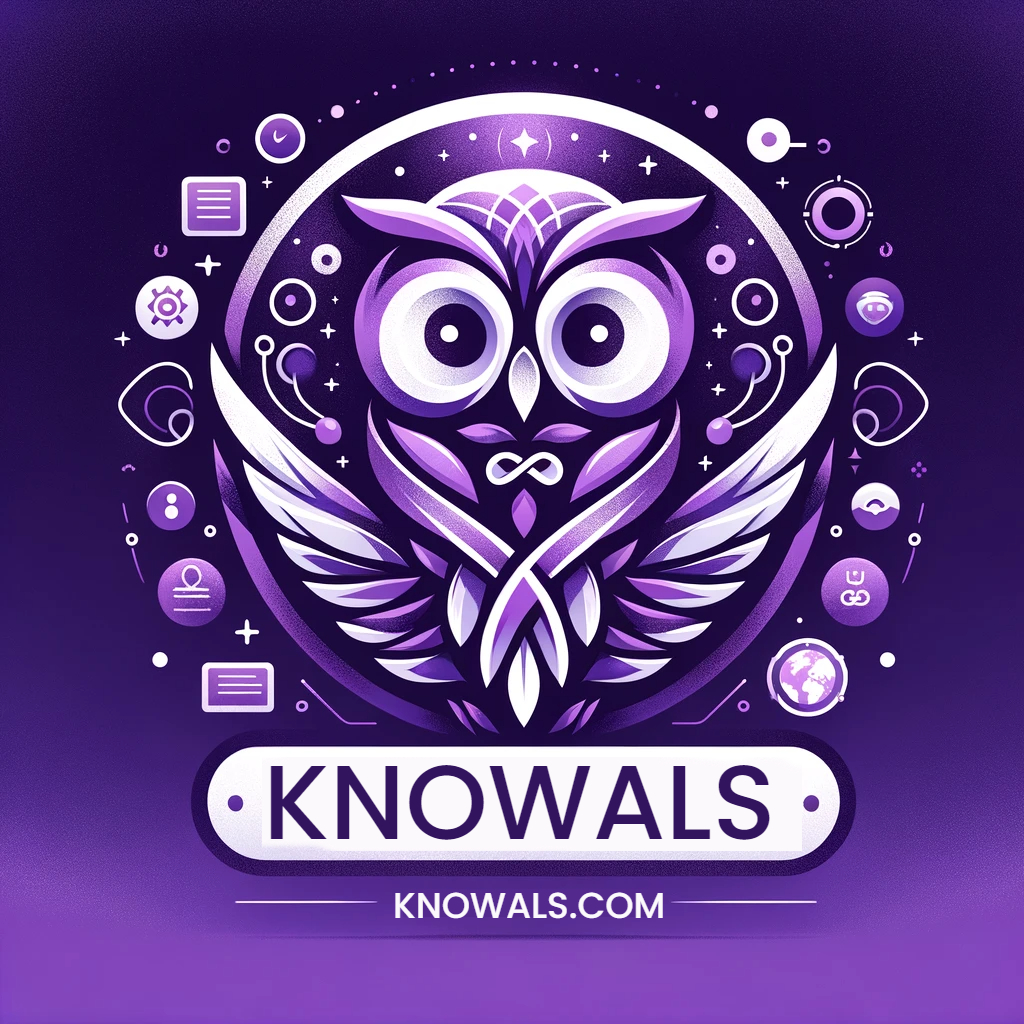The recent strides in this field have not only broken down barriers but have also paved the way for more inclusive societies. This blog post delves into the latest innovations that are shaping the future …
The recent strides in this field have not only broken down barriers but have also paved the way for more inclusive societies. This blog post delves into the latest innovations that are shaping the future of assistive technology.
1. Smart Home Ecosystems
With the integration of the Internet of Things (IoT), smart homes have become assistive hubs for individuals with mobility and sensory impairments. Voice-activated systems can now control lighting, temperature, security, and even kitchen appliances, fostering an environment where independence is not just a possibility but a reality.
2. Wearable Technology
Wearable devices have transcended the boundaries of fitness tracking. They are now equipped with features that can monitor health metrics, provide GPS navigation for the visually impaired, and translate sign language into text in real-time. The fusion of biometrics and artificial intelligence (AI) has led to the creation of wearables that can predict potential health episodes before they occur.
3. Advanced Prosthetics
Prosthetics have seen a monumental transformation, with the latest models boasting AI-driven mobility and sensory feedback. These sophisticated limbs can now mimic the natural movement of human joints, allowing for an unprecedented level of agility and control.
4. Augmentative and Alternative Communication (AAC) Devices
AAC devices have become more intuitive and personalized. Recent advancements have introduced devices that can be operated through eye-tracking, muscle movement, and even brainwave patterns, giving a voice to those who are non-verbal or have speech impairments.
5. Accessible Gaming
The gaming industry has also embraced inclusivity with the development of controllers and software tailored for gamers with disabilities. These technologies not only provide leisure opportunities but also enhance fine motor skills and cognitive functions through interactive play.
As we look forward, it’s clear that the synergy between technology and human creativity holds boundless potential. Assistive technology is not just about the devices and software; it’s about the empowerment, independence, and quality of life they offer to users. The future is indeed bright, and it is accessible.
Makayla F. Matson Occupational Therapy Doctorate Student
Georgia State University
Makayla is pursuing a career in Occupational Therapy driven by a deeply personal experience: witnessing her grandmother’s battle with ALS. Her goal is to empower families with knowledge and skills, ensuring they have the support needed to provide care with confidence and compassion.










